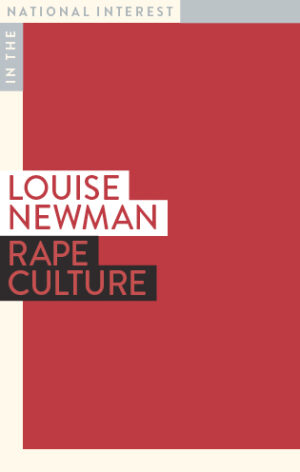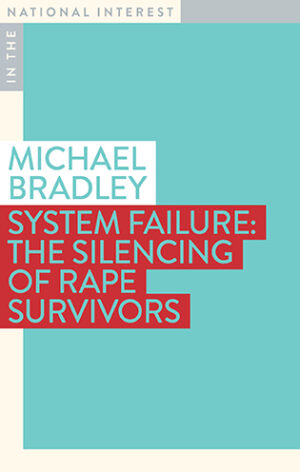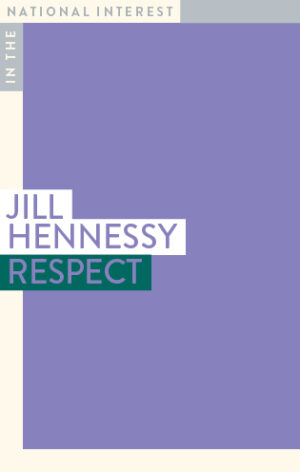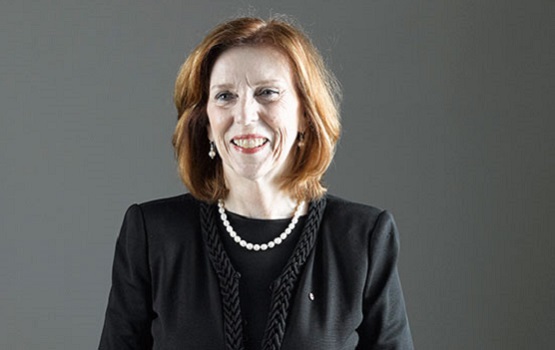
Rape Culture
The revelations and allegations of sexual harassment and assault in the Australian Parliament have prompted furious responses. Political leaders have attempted to limit the damage by referring to the lack of criminal charges, resisting a discussion of entrenched misogyny. Advocates for survivors of abuse see this as a continuation of the long history of normalising the abuse of woman, perpetuating it through legal mechanisms and the exercise of power. This impasse represents the workings of a ‘rape culture’ where the abuse of women is accepted as commonplace. Psychological theories of repression have been misused, contributing to the recycling of the so-called theory of ‘false memories’ whereby the recall of trauma is seen as invented, perhaps implanted by therapists. It is concerning that this complex issue is being ventilated by journalists, politicians and lawyers without any clinical understanding of trauma, memory and the implications for support. Women must not be represented as mentally unstable, untrustworthy or ruled by their hormones while their abusers take refuge in legalisms, obfuscations and the dark art of political calculus.
System Failure: The Silencing of Rape Survivors
One in five Australian women has been the victim of a sexual assault. For these women, there is less than a 1 per cent chance that their rapist has been arrested, prosecuted and convicted of the crime. These are the bare numerical facts of system failure. We offer rape survivors a stark choice: go to the police, or remain silent. In recent times, the public pressure on survivors to report has increased, alongside a growing focus on two other options: civil action against the perpetrator, or going public. These evolving social responses are intended to offer an alternative to the tradition of silencing. However, each of these choices, for survivors, involves a further sacrifice of what they have already lost. The legal system’s responses to rape were designed without survivors in mind, and they do not address, in any way, the questions that survivors ask or the needs they express. Simply put, on the systemic response to rape, we are having the wrong conversation.
Free
RSVP Essential. Zoom links will be sent 24 hours ahead of time.
-
Rape Culture
Louise Newman
-
System Failure
Michael Bradley











